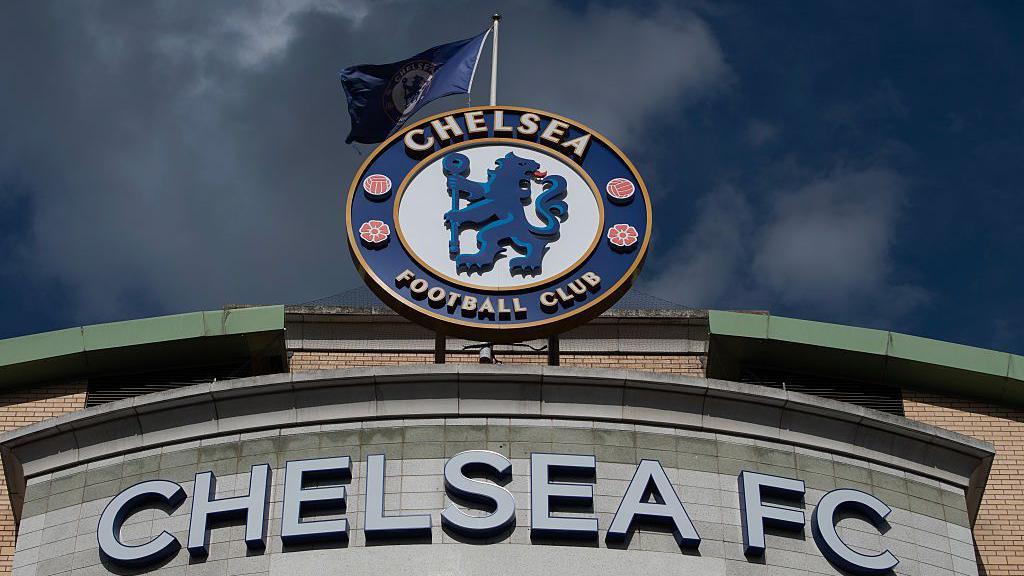Chelsea faces 74 FA charges for alleged rule breaches related to agent payments between 2009 and 2022. The investigation focuses on 2010-11 to 2015-16 seasons. The new ownership self-reported the issues and is cooperating with the FA. The club has until September 19th to respond.
Chelsea Football Club is facing a significant challenge as the Football Association (FA) has levied 74 charges against them for alleged breaches of regulations concerning payments made to agents. The period under scrutiny spans from 2009 to 2022, a period during which the club saw considerable changes both on and off the field. This investigation casts a shadow over past transfer dealings and financial practices at Stamford Bridge.
The core of these charges revolves around transactions that occurred primarily between the 2010-11 and 2015-16 seasons. The FA is focusing on potential violations related to agents, intermediaries, and third-party investments linked to player acquisitions. These types of arrangements are heavily regulated to ensure transparency, fair play, and to prevent conflicts of interest within the sport.
The club has been given until September 19th to formally respond to the charges. This response will likely involve a detailed review of the transactions in question, the presentation of evidence, and legal arguments aimed at defending the club's position. The implications of these charges could range from financial penalties to transfer bans, depending on the severity of the violations found.
During a significant portion of the period in question (2003-2022), Chelsea was under the ownership of Russian oligarch Roman Abramovich. His tenure saw unprecedented investment in the club, transforming them into a major force in both English and European football. However, Abramovich's ownership ended in 2022 when he sold Chelsea to a consortium led by American investor Todd Boehly and private equity firm Clearlake Capital.
The new ownership group appears to be taking a proactive approach in addressing these historical issues. According to a Chelsea statement, "During a thorough due diligence process prior to completion of the purchase, the ownership group became aware of potentially incomplete financial reporting concerning historical transactions and other potential breaches of FA rules."
This statement suggests that the concerns regarding these agent payments were identified during the due diligence process that preceded the change in ownership. The new owners, seemingly committed to operating with integrity, promptly alerted the relevant regulatory bodies, including the FA.
Chelsea further stated, "Immediately upon the completion of the purchase, the club self-reported these matters to all relevant regulators, including the FA… The club has demonstrated unprecedented transparency during this process, including by giving comprehensive access to the club's files and historical data."
This proactive self-reporting and commitment to transparency could be a mitigating factor as the FA investigates the charges. By cooperating fully and providing access to all relevant information, Chelsea's current leadership is signaling a desire to resolve these issues constructively. The club's willingness to open its books and historical data to scrutiny underscores their commitment to addressing any past wrongdoings.
The investigation into these alleged rule breaches will likely involve a comprehensive review of numerous player transfers and agent agreements. The FA will be looking to determine whether any payments were made improperly, whether any regulations were violated, and whether any parties benefited unfairly from these transactions.
The outcome of this investigation could have far-reaching consequences for Chelsea. In addition to potential financial penalties and transfer bans, the club's reputation could also be affected. The charges raise questions about the club's past financial practices and whether they were in full compliance with the rules and regulations governing agent payments.
As Chelsea prepares its response to the FA charges, the club's legal team will be working diligently to gather evidence, analyze the transactions in question, and prepare a strong defense. The outcome of this process will be closely watched by football fans, industry observers, and regulatory bodies alike.
This investigation serves as a reminder of the importance of transparency and compliance in football finance. As the sport continues to grow and evolve, regulatory bodies are increasingly focused on ensuring that all clubs operate within the rules and that fair play is upheld. The Chelsea case will undoubtedly set a precedent for how similar matters are handled in the future.
The cooperation of Chelsea's new ownership in self-reporting and providing access to historical data could be a key factor in mitigating potential penalties. The FA will likely take into account the club's willingness to address these issues proactively when determining the appropriate course of action. The coming weeks will be crucial as Chelsea navigates this challenging situation and seeks to resolve the charges in a fair and equitable manner.
